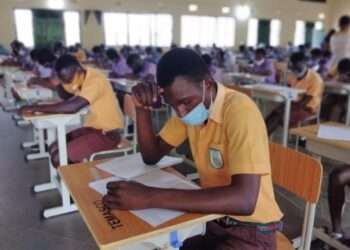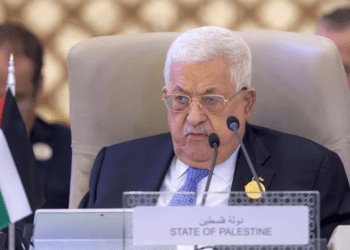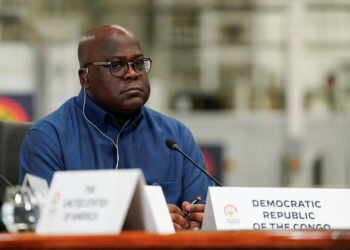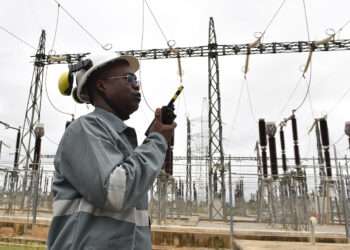In a statement following a visit to Ghana, the International Monetary Fund (IMF) has disclosed that the nation’s economy is exhibiting unmistakable signs of stabilization and recovery.
The IMF staff mission, led by Mission Chief Stephane Roudet, interacted with Ghanaian authorities and a variety of stakeholders to evaluate the development of the Fund-supported initiative, which was authorized on May 17, 2023.
Amidst a complex global economic backdrop, Ghana has emerged as a beacon of hope, with its economy demonstrating resilience and notable improvements.
Roudet reaffirmed that Ghana’s economic indicators, such as easing inflation, rising foreign reserves, and a less volatile currency rate, are on a favorable trend.
“The Ghanaian economy is showing signs of stabilization, with encouraging trends in key economic variables. These developments suggest that the government’s policies and the IMF-supported programme are starting to yield promising results.”
Stephane Roudet
The primary objectives of the IMF Staff mission visit were to assess current macroeconomic trends and the efficient execution of the Fund-supported program.
With discussions centered around the first review of the Extended Credit Facility arrangement, scheduled for November 2023, the mission took stock of the government’s progress in meeting key commitments.
Nonetheless, the IMF was swift to emphasize how important it was to reach timely restructuring agreements with creditors in order to secure the programme’s anticipated benefits. The importance of Ghana’s debt restructuring initiatives was highlighted throughout the visit, underlining the necessity of addressing the nation’s debt problems in order for the program to be successful.
Ghana Leaders Join Effort To Tackle Economic Hurdles
Ghana’s leaders demonstrated a commitment to engaging with the IMF, as the staff held meetings with President Akufo Addo, Vice President Dr. Bawumia, Finance Minister Ken Ofori-Atta, Bank of Ghana Governor Dr. Ernest Addison, and their respective teams.

The participation of representatives from several government agencies, the Finance Committee of the Parliament, the commercial sector, and civil society was an excellent example of a team effort to address the nation’s economic problems.
The IMF staff expressed gratitude towards the Ghanaian authorities and stakeholders for their constructive engagement and support during the mission. This open and productive dialogue underscores the shared commitment to foster economic stability and sustainable growth.
In order to lessen the burden and open the door for long-term economic growth, debt restructuring has become Ghana’s top priority. The successful resolution of debt-related challenges will help restore investor confidence, attract foreign investment, and unlock the potential for future economic expansion.
IMF assured its close monitoring the country’s progress, as Ghana strives to solidify its economic stability and become a beacon of prosperity in the region.



















